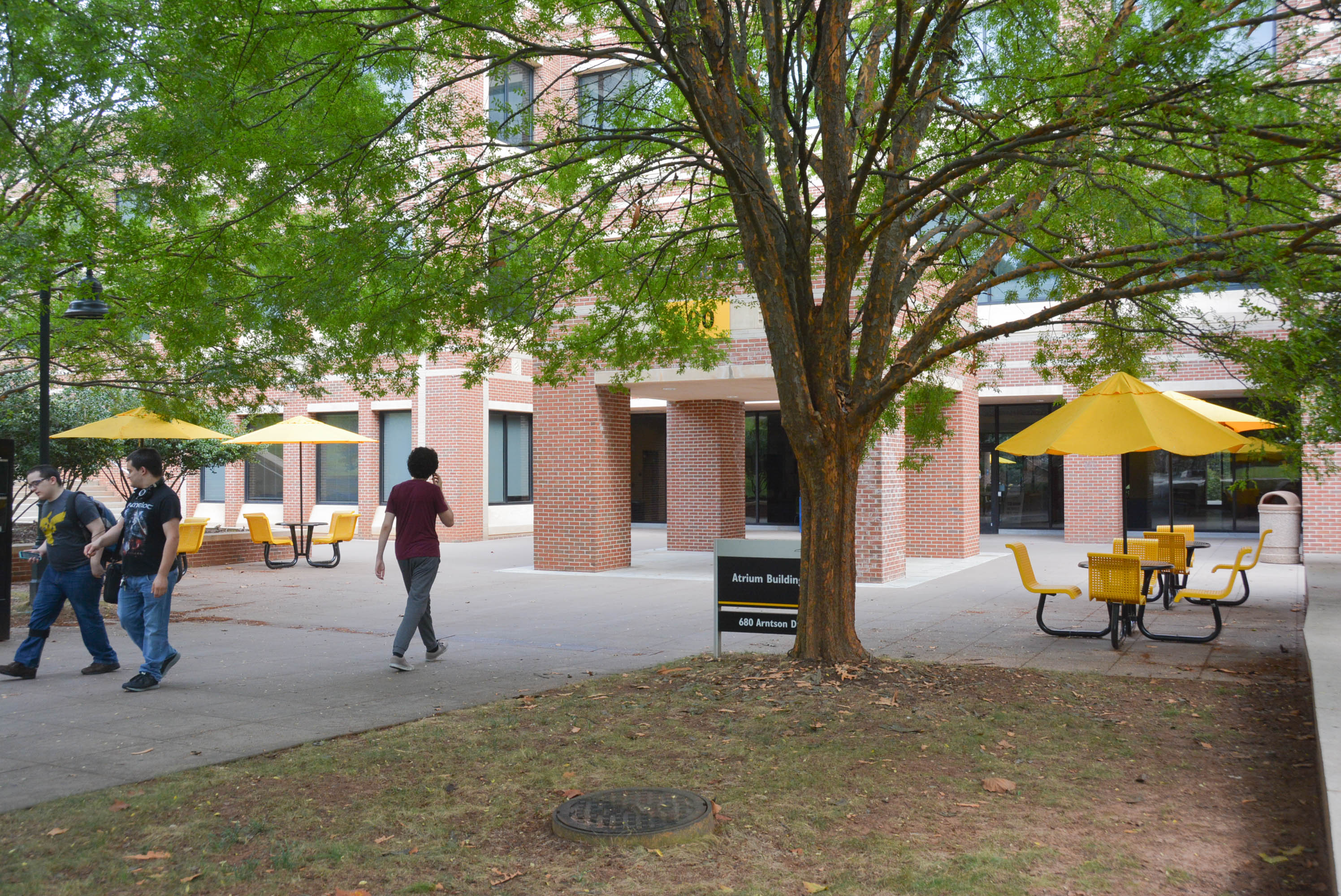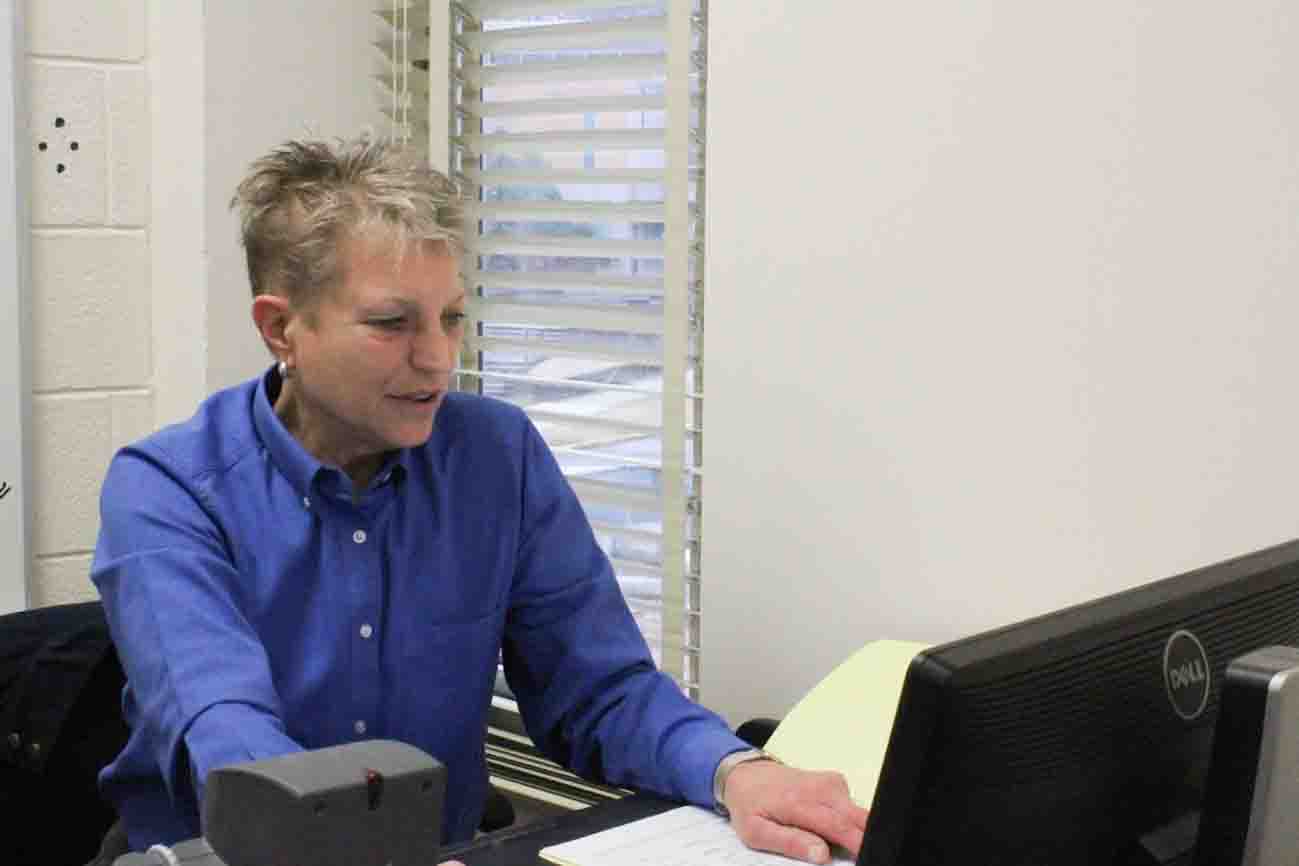The job of on-campus mental health counselors isn’t always about helping students deal with the stress of a heavy workload. Sometimes it’s about helping students find the courage to live.
According to Josh Gunn, assistant dean and executive director of Counseling and Psychological Services at Kennesaw State, a counselor’s duty is to protect.
“That’s our legal responsibility,” Gunn said. “If someone has thoughts of hurting themselves or others, the place we want them to be is in our office.”
If a counselor believes that a student poses an imminent risk to themselves or others, they attempt to mitigate that risk in any way they can. What they do to minimize the risk, however, depends on the situation.
When a student comes to a counselor’s office with thoughts of hurting others, the counselor can successfully help them manage these thoughts through communication. It isn’t until a student’s thoughts turn into an intent to act that a counselor will have to report them to the police.
A similar process is used for students with thoughts of suicide. Counselors will talk with students about these thoughts as part of their treatment. A counselor will only facilitate hospitalization if they believe the student is no longer able to keep themselves safe.
A large portion of what a counselor does, according to Gunn, is confidential.
“We understand that if students don’t feel like they can come talk to us in a private and confidential manner, then they aren’t going to come talk to us and seek our help,” Gunn said.
It is only when a student has the intent to harm themselves or others that a patient’s right to privacy ends. One of the first things a student is told when speaking with a counselor is about their rights to privacy.
“What we talk about stays here, except if you pose an imminent risk to yourself or others,” Gunn said. “Then I might have to tell someone to keep you safe.”
Unfortunately, not every student seeks help when they have troubling thoughts. Recently, counselors worked with a student sent to them by KSU Police when he was believed to have thoughts of harming others. Through this relationship with the police, counselors were able to meet with the student and determine what steps they needed to take to ensure everyone’s safety.
One of the biggest things that CPS does, Gunn said, is to try to make students feel more comfortable in coming to get the help they need.
CPS recently hosted “Mental Health Matters Week,” a week full of free activities designed around mental health awareness. Gunn said that CPS does these types of events to let students know that needing help is okay.
“We just try to make sure that we’re able to provide services for students who need them, and reduce that stigma around getting help,” Gunn said.
If a student believes someone around them may be contemplating hurting themselves or others, Gunn’s advice is to tell someone. For non-emergencies, Gunn recommends using a KSU mechanism called “Red Flag Reporting” on the Behavioral Response Team’s website. Here, the KSU community can share any information about a person of concern they have.
The reports are reviewed by a large team of people who decide whether the concern is a risk and if it requires any action. The website states that “through early identification, the team can connect individuals of concern with the resources they need to succeed and hopefully prevent crises.”
If you or someone you know is struggling with suicidal thoughts, visit suicidepreventionlifeline.org or call 800-273-8255. To learn more about counseling services, visit counseling.kennesaw.edu.



